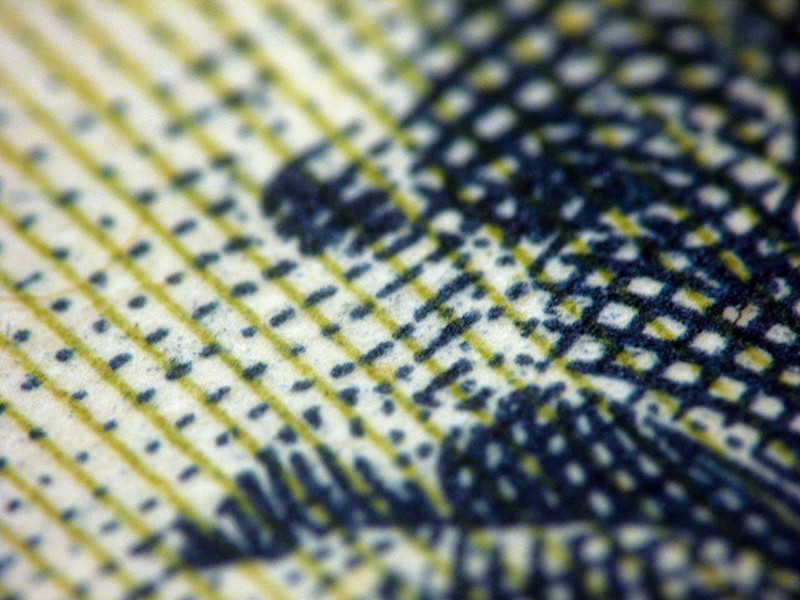Paying Off Debt Instead of Saving Is Like Gambling on Your Future Self

So as I mentioned in today’s end-of-year income roundup, I received a quasi-windfall this December. Nearly all of my freelance clients who owed me money paid in full, even though I wasn’t expecting some of those payments until January or February.
This put me in a very interesting position, because for the first time in months I had money left over in my checking account after I paid off all of my overhead expenses and my discretionary stuff (yes, I saw The Force Awakens, it was so good).
With that extra cash, I could do one of four things:
- BLOW IT ALL! PARTY TIMES! BUY 100 OLD NAVY FLANNEL SHIRTS!
- Assume that receiving more freelance payments in December means that I’ll receive fewer payments in January, and keep that money safely tucked away in my checking account in case I need it for rent or food.
- Put it in my savings account, which would bring me very close to my coveted three-month emergency fund (calculated at $1,800*3, or $5,400).
- Put it towards debt.
These are the kind of moments that teach you exactly who you are, because I picked debt.
This was a different choice than the one I’ve always said I’d make, in those Billfold “what would you do if you got an unexpected windfall” articles. I said I’d put half towards savings, and half towards debt.
And I might have done that, if I didn’t have just enough to pay off the balance on my Capital One Visa Platinum credit card.
It feels very strange to look at a sum of money that could help sustain me, should something happen to my income, and say “nope.” It’s a form of gambling, really; to pay off debt in lump sums instead of just-over-the-minimum payments is to bet on yourself: that you’ll remain employed, healthy, and stable; that you won’t need that cash for a rent payment or an emergency plane ticket.
Of course, if I really needed an emergency plane ticket, I’d just put that on the credit card, which was the other part of this decision that made me anxious: if I don’t have enough savings, I’ll end up back in debt again.
The most ridiculous part of this story is that the $1,717.12 that I paid towards my Capital One Visa Platinum card was all really, really recent debt. Like, holiday plane tickets and next year’s vacation. I could have paid for all of it out of my savings account (current balance: $3,604.18), paid my savings account back, and never touched the credit card at all.
But liquid cash still feels much more valuable to me than having no debt. Like, if someone said to me “we’ll give you three months of living expenses but you have to pay us $125 every month,” I would probably take that deal because that is the deal I’ve already made.
Or, at least, that was the deal I had made until I got serious about paying off all my debt.
It still feels weird, by the way, to have enough money for everything. In previous years I put the annual holiday expenses on a credit card and then took months to pay them off, because I never had anything extra at the end of the month. Maybe this year I’ll be able to pay for my holiday plane ticket in cash. (Or, more likely, put it on the card, get the points, then pay the card balance in full.)
So this decision to pay everything down as soon as I could is really a decision about what I want this year to be like, financially. I want to trust that I will earn enough to pay off all my debt, get my emergency fund, and achieve all of those financial goals that I listed in my Best Self in 2016 post. (Spoiler alert: debt-free, three-month emergency fund, $5,500 in Roth IRA.)
Which means trusting that this isn’t the only financial windfall I’ll ever see; that, maybe as soon as the end of January, I’ll have extra cash in my bank account again.
Support The Billfold
The Billfold continues to exist thanks to support from our readers. Help us continue to do our work by making a monthly pledge on Patreon or a one-time-only contribution through PayPal.
Comments